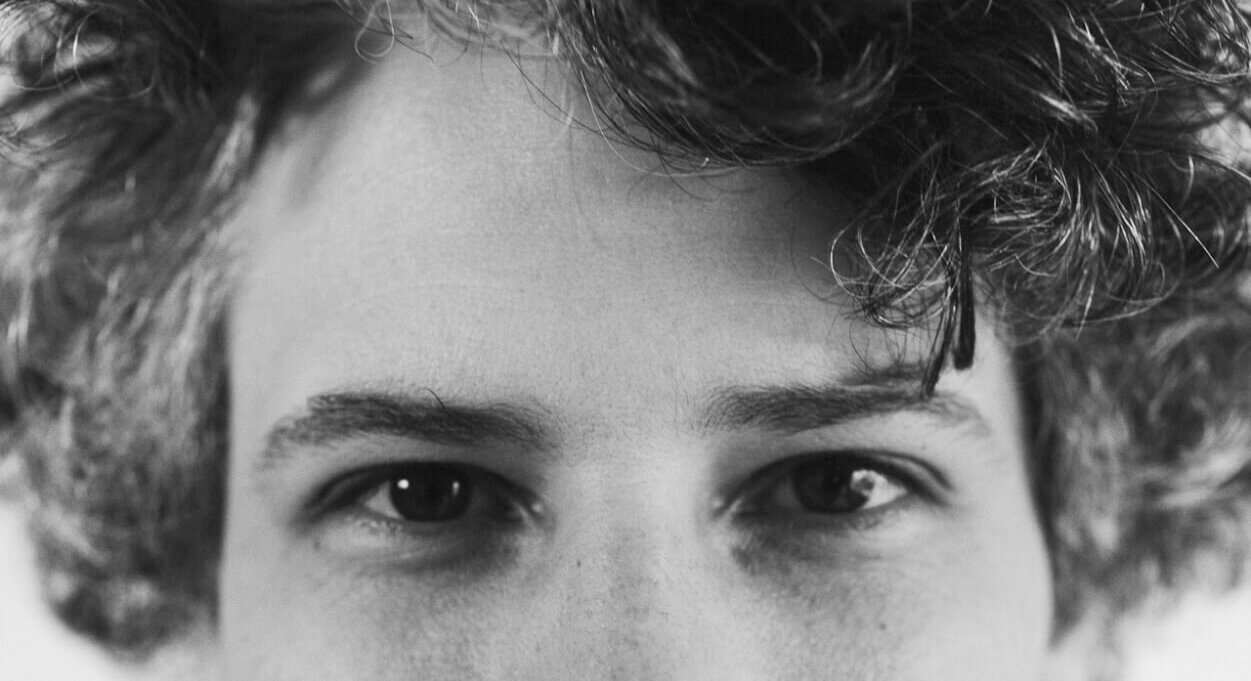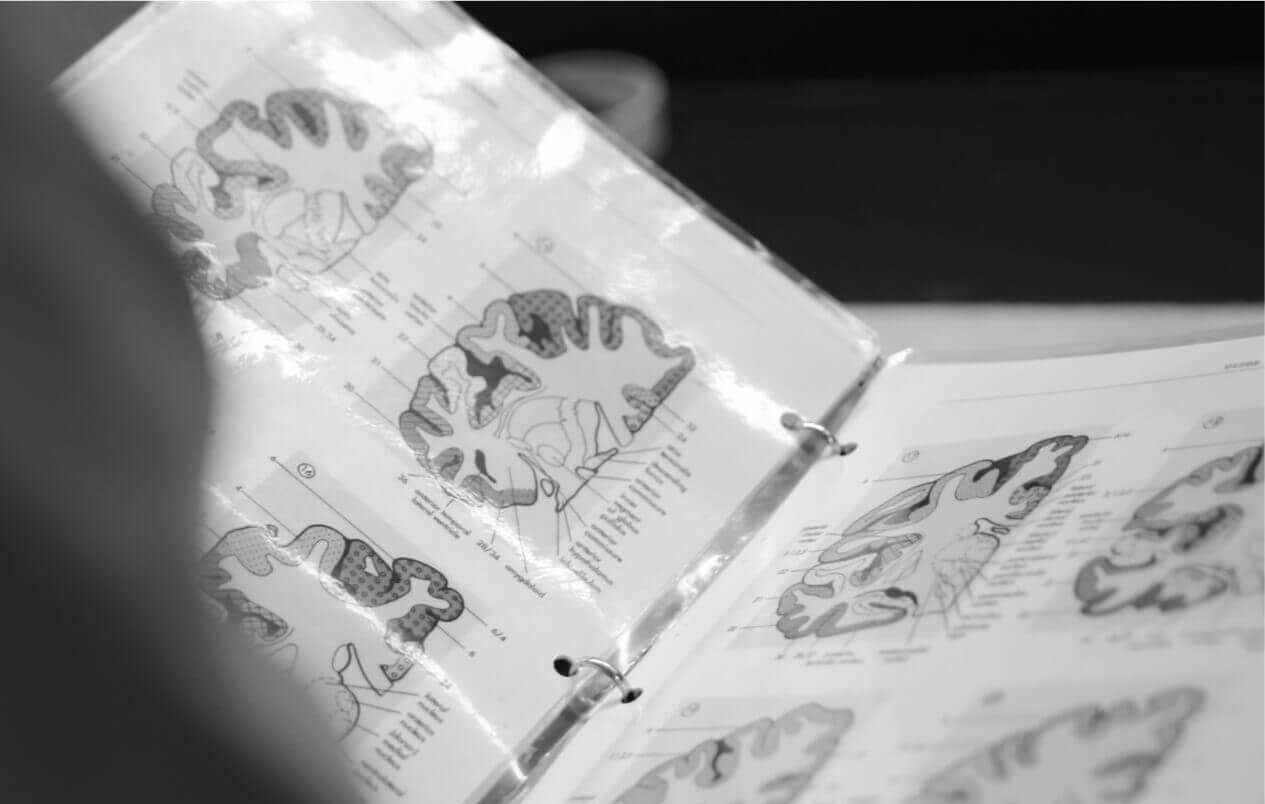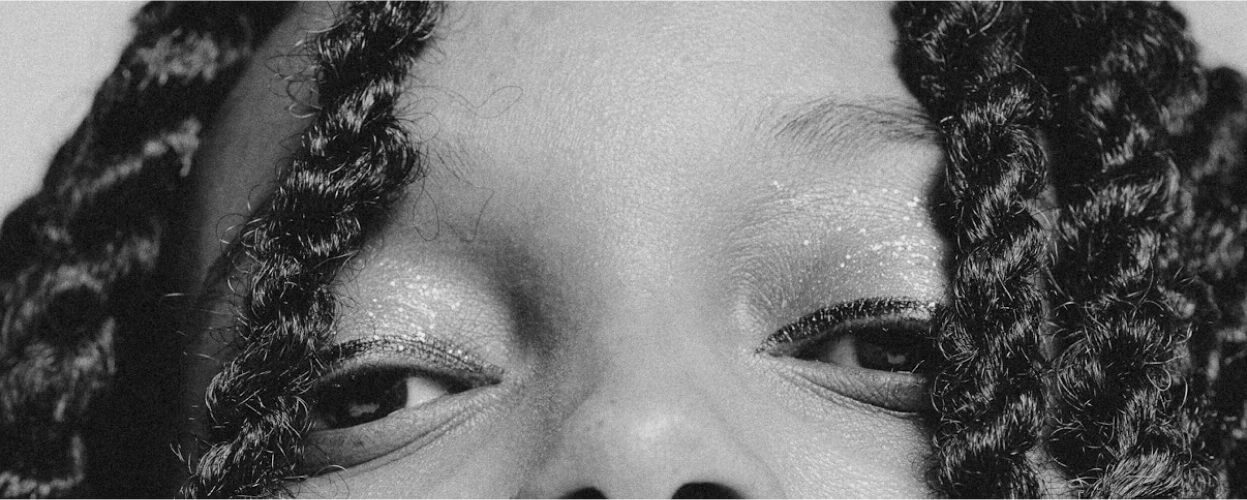Uncovering The Mysteries of Parkinson’s Disease
Parkinson’s disease is a complex neurological condition affecting nearly one million people in the U.S. Brain donation can help Parkinson’s disease researchers.
Approximately one million people are living with Parkinson’s Disease (PD) in the U.S. It’s a progressive neurological disorder that primarily affects older adults (average age around 60 years old), although it can appear earlier (known as early-onset PD). It results from the gradual degeneration of nerve cells in a part of the brain called the substantia nigra, which is crucial for controlling movement. This degeneration leads to a shortage of dopamine, a neurotransmitter that helps coordinate smooth and controlled movements.
Parkinson’s disease leads to a range of motor symptoms, including tremors, rigidity, and bradykinesia (slowness of movement) that can interfere with daily activities, making it challenging to perform tasks such as dressing, eating, and walking. Many also experience non-motor symptoms like depression, anxiety, and cognitive changes, which can significantly affect mental health and overall quality of life.
While the exact cause of Parkinson’s disease isn’t fully understood, it’s believed to involve a combination of genetic and environmental factors.
Brain donation plays a crucial role in advancing our understanding of Parkinson’s disease and improving treatments. By examining brain tissues of individuals who had Parkinson’s disease, researchers can study how the disease affects the brain at a cellular and molecular level, including the loss of dopamine-producing neurons. Scientists can also track how the disease progresses and identify potential early markers or changes that occur before symptoms appear. Lastly, brain donation allows researchers to assess how well new treatments are working by comparing brain tissues from treated and untreated individuals, which can provide insights into the effectiveness of therapies and inform adjustments to treatment protocols.
Scientists need this precious resource to unlock the mystery of Parkinson’s disease – and other neurological disorders.
What others have said after pre-registering:
“My husband was diagnosed with PD after years of trial and error tests and consults from multiple specialists. He asked me if I was OK with him donating his brain – told me he wanted to help the next generation of PD sufferers prevent, or at least better diagnose and manage, the illness. I am glad and grateful I followed his wishes.”
– Wife of brain donor, H.H.
“Why donate my brain? WHY NOT! After I'm gone, I will still do something to help other people and I don't have to do anything but SIGN UP!”
– Registered Donor, L.M.
Common Questions
Sign Up For Our Newsletter
For news, donor stories, new merch and more



